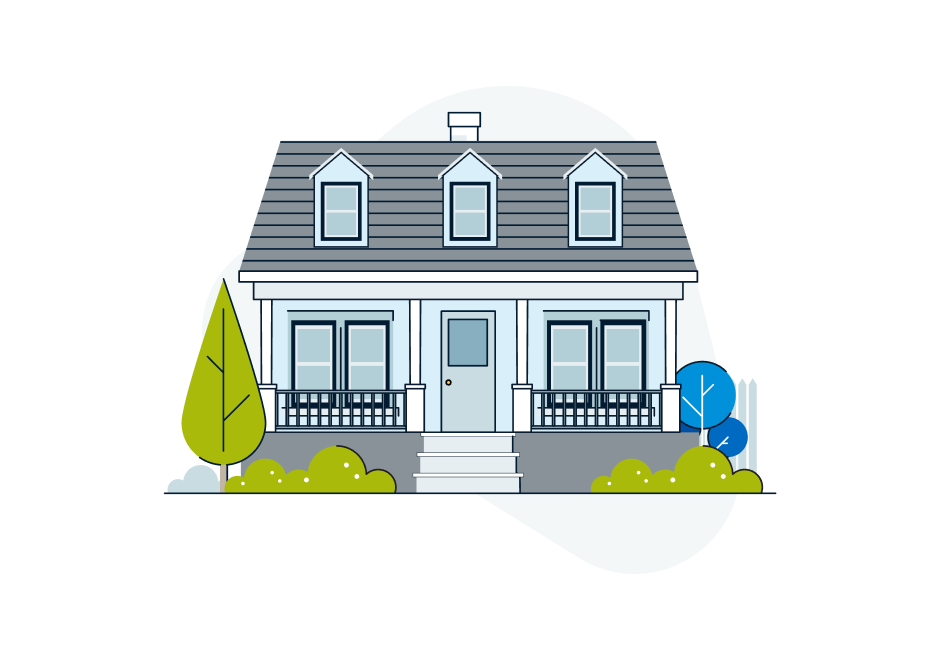Before you even start looking for a home, you need to know how much you can afford so you don’t spend time looking at homes that are out of your price range. When you do that, it's hard not to feel let down later when you view lower priced homes.
To get an idea of what you can afford, you'll need to keep these things in mind:
- Your down payment
- Your household income
- Your current debts and the monthly payments to carry those debts
- Your monthly housing-related costs, like your mortgage payment, property taxes, home insurance, condo fees, school taxes, utilities and home care costs
- Your closing costs and other one-time costs
- Your spending habits
Look closely at ALL your expenses.
You've got to put food on the table, clothes on your back and gas in your car – and have a little fun now and then. You also need to be ready for emergencies.
Your mortgage specialist will help you make sure you have money left over to pay for your day-to-day needs, as well as some of your lifestyle choices. Most lenders use the below ratios as guides to figure out the most you should spend on your housing costs and other debts:
- Gross Debt Service (GDS) Ratio. No more than 30% to 32% of your gross annual income should go to mortgage expenses, such as principal, interest, property taxes, heating costs and condo fees.
- Total Debt Service (TDS) Ratio. TDS looks at the gross annual income needed for all debt payments like your house, credit cards, personal loans and car loan. Depending on the lender, TDS payments should not be more than 37% to 40% of your gross annual income. For this ratio, lenders usually look at the combined incomes for you and your spouse.
If your monthly housing and housing-related costs don't leave you enough money for your other expenses, you have a few options.
- First, see if you can reduce any of your lifestyle expenses. Maybe you can travel less, eat out less often, or spend less on clothes to improve your cash flow.
- Second, think about any short-term expenses that may go away soon. Maybe you'll pay off a car loan in a year or your children will start school, cutting down on your childcare costs.
- Third, look for lower-priced homes that still meet your needs, but also let you afford your everyday living expenses.
You and your mortgage specialist may also need to think about future expenses. Maybe you'll need to replace your car within the next year. Or if you're expecting a baby, child-related costs as well as parental leave may affect your budget.
When all is said and done, you need to feel comfortable with your mortgage amount, term and payment schedule. And you want to feel good about any sacrifices that you choose to make.
Related Articles
First time home buyer's tax credit (HBTC)
Learn MoreBuying a home - what can you afford?
Learn MoreThinking of buying a home in the next few years?
Learn More


